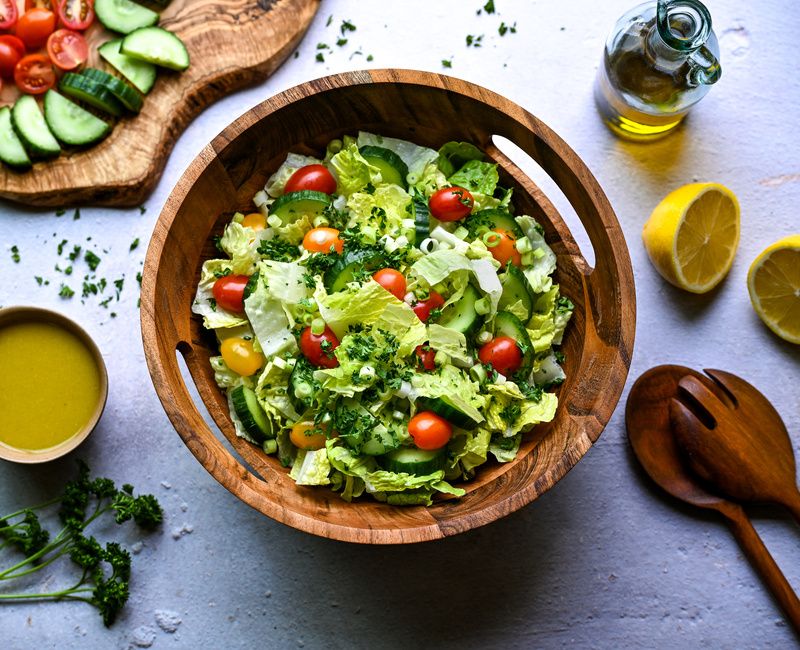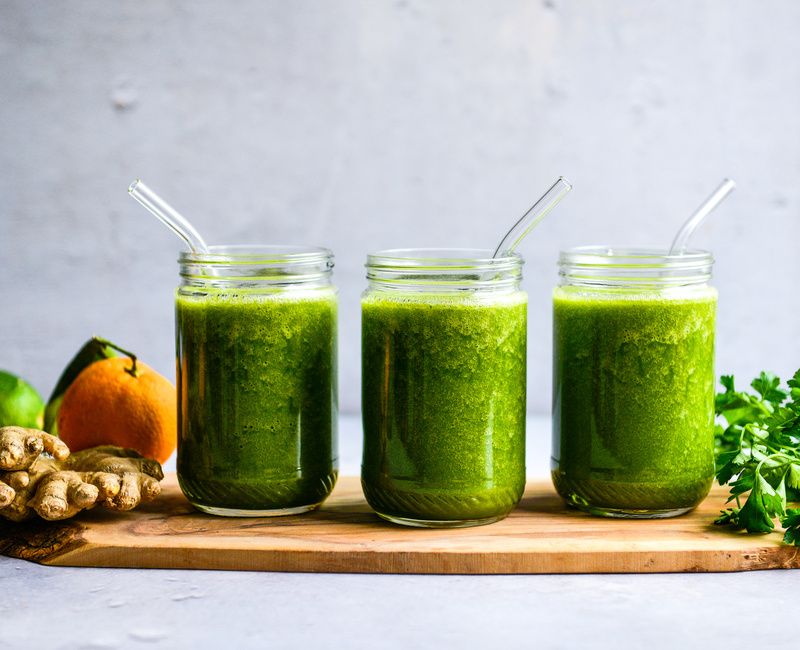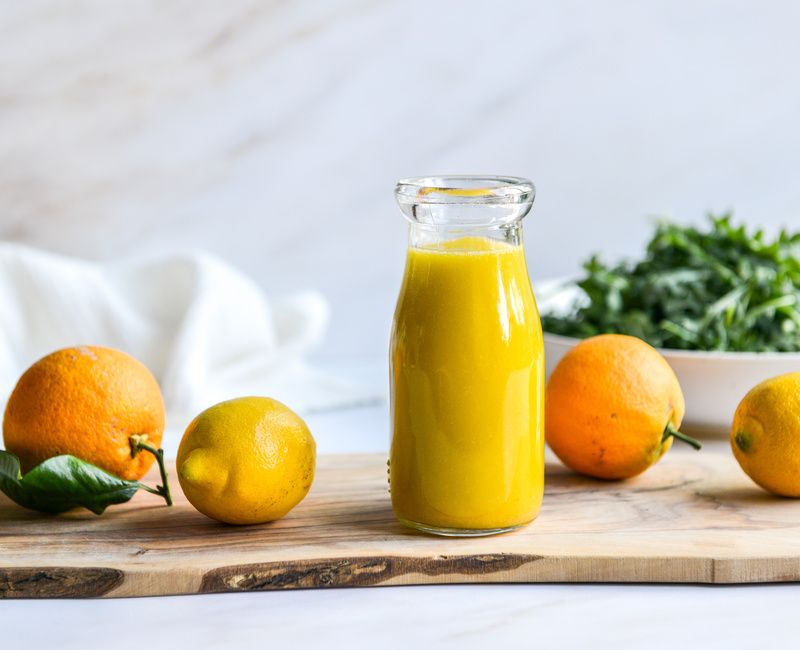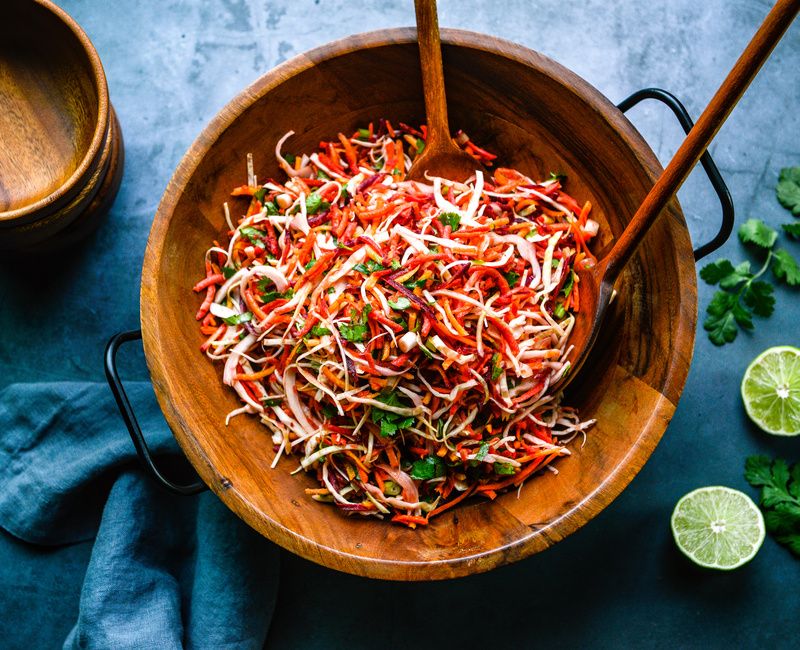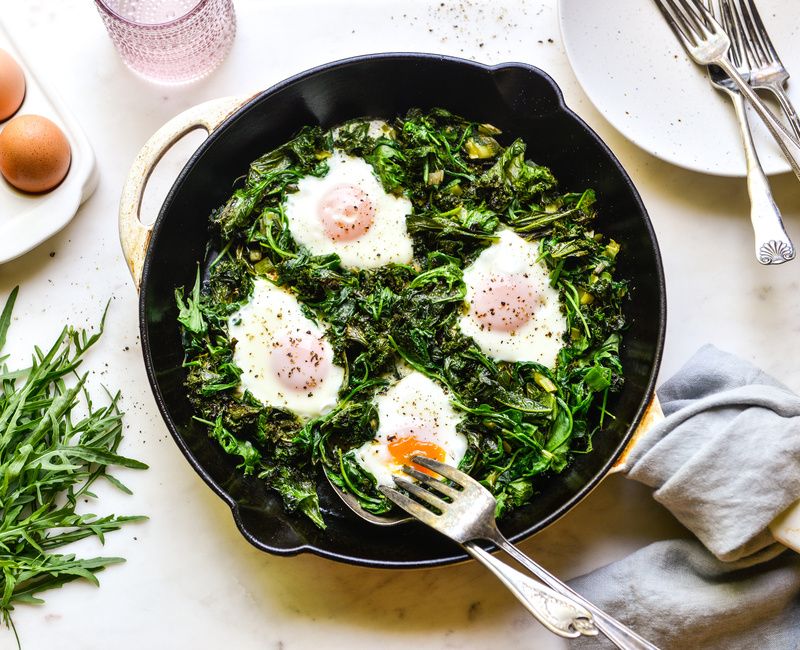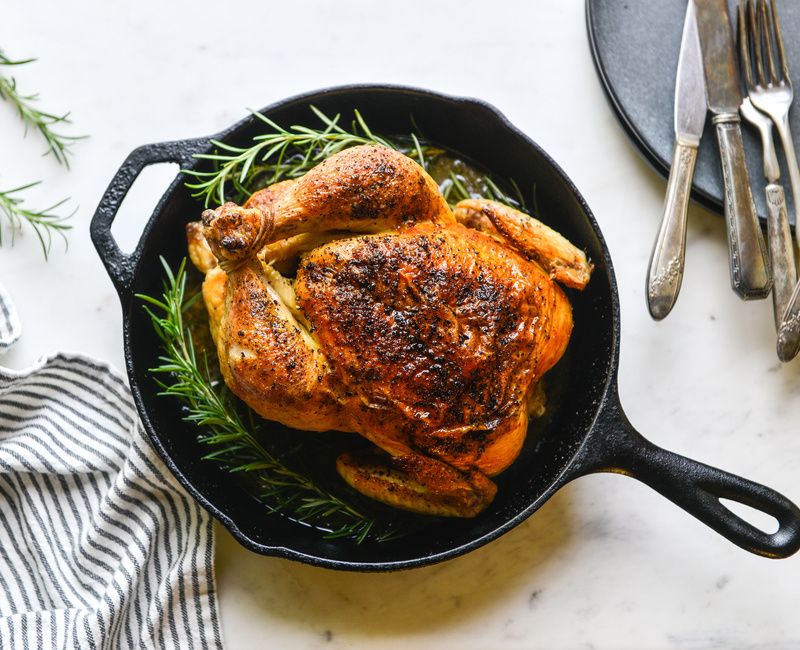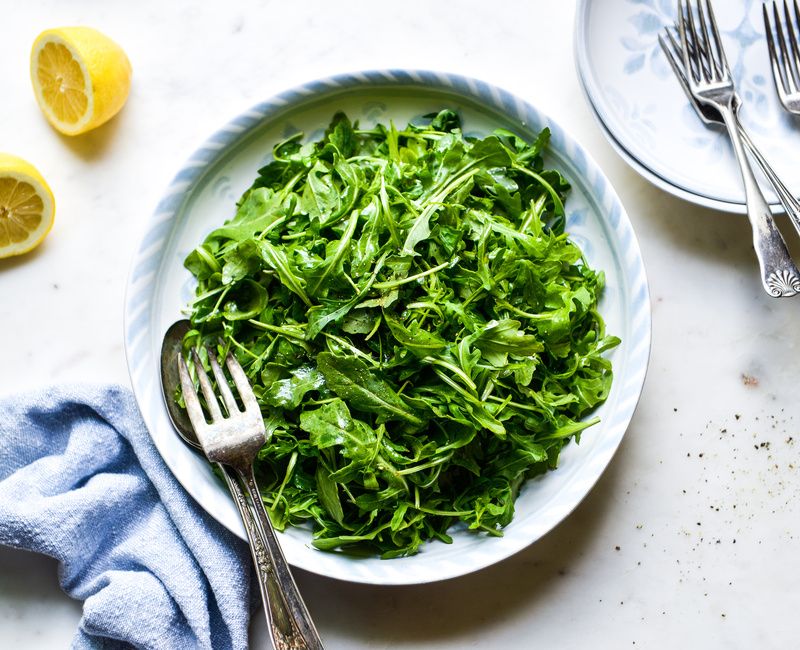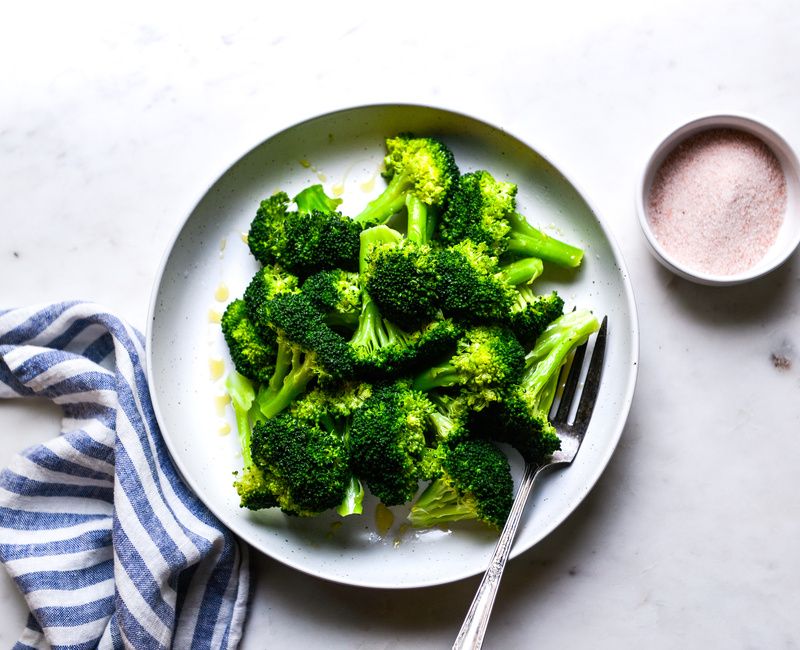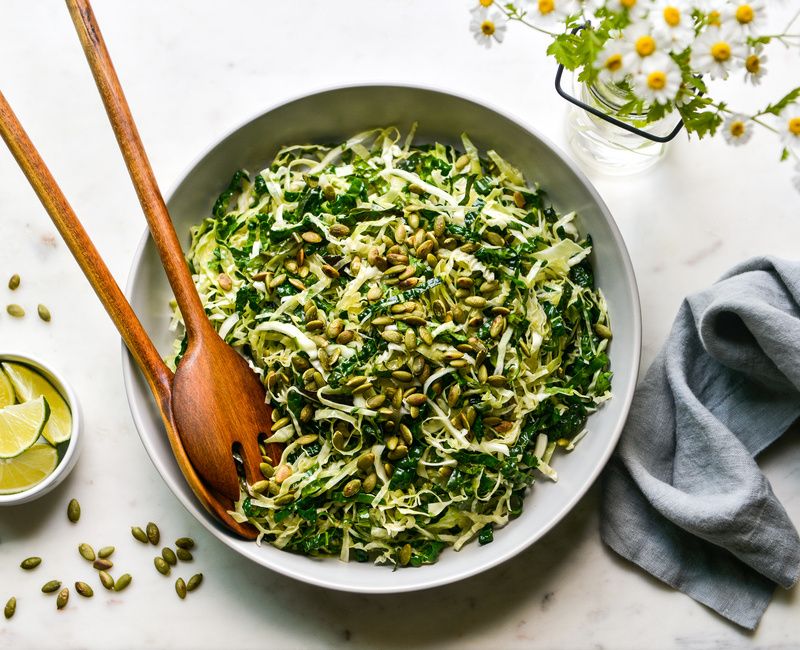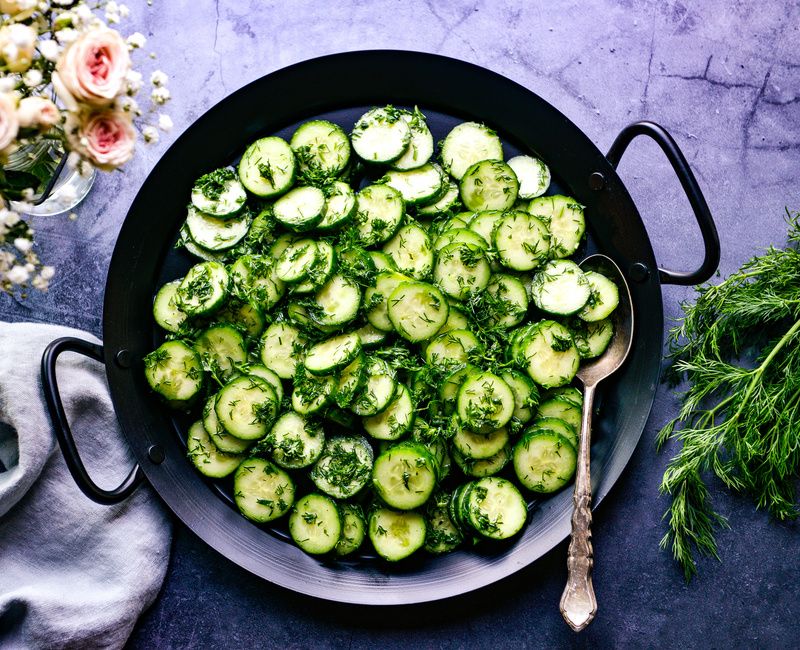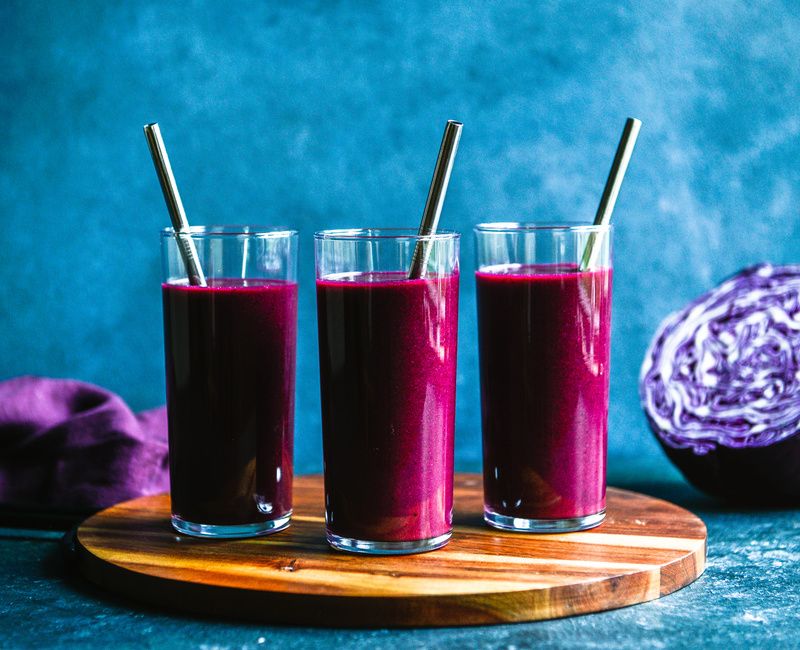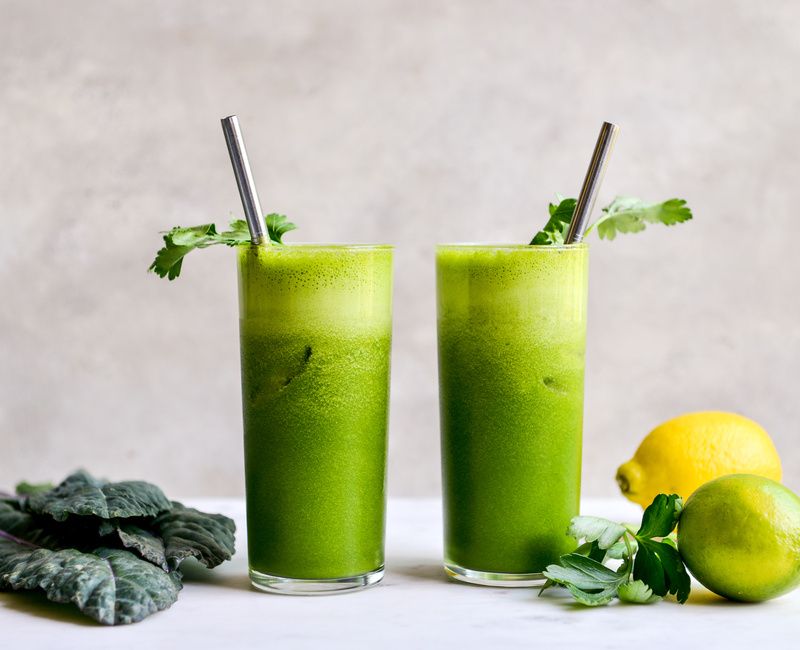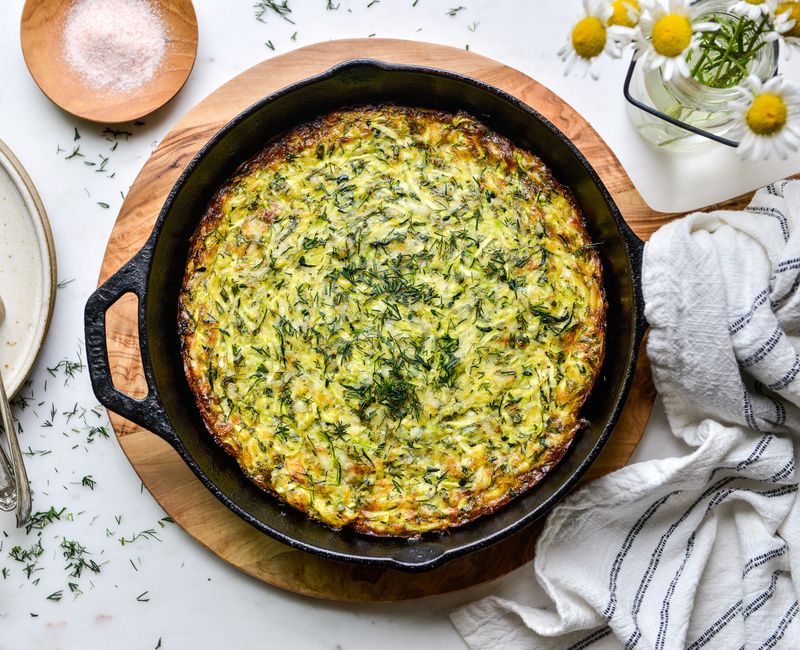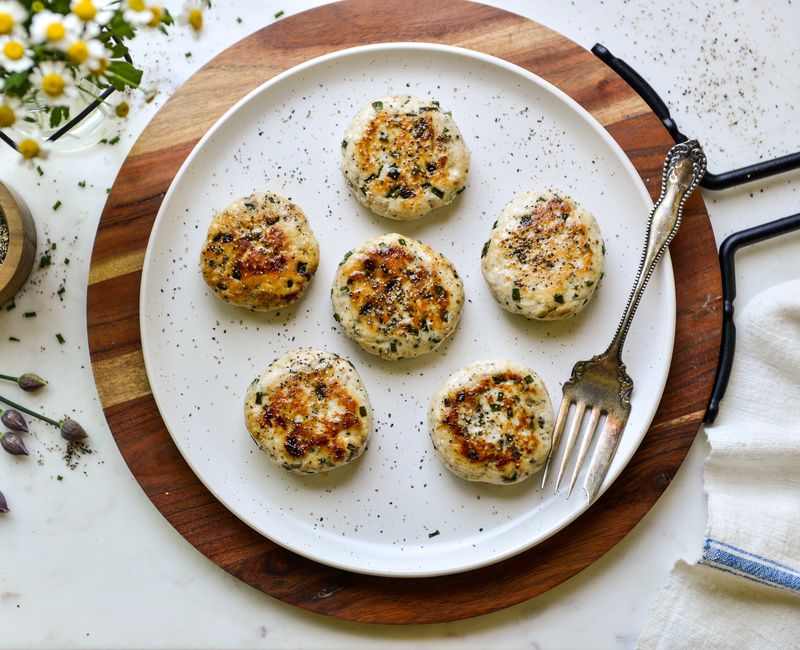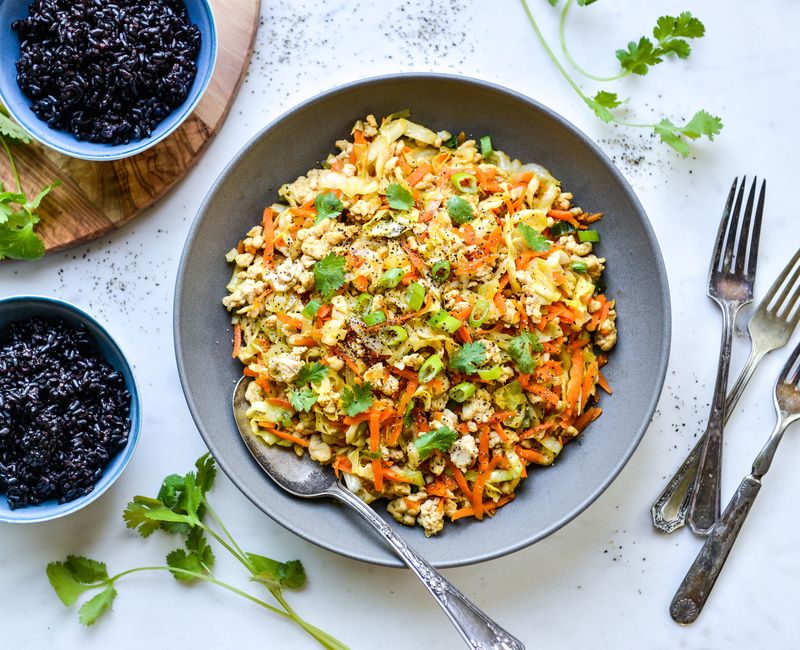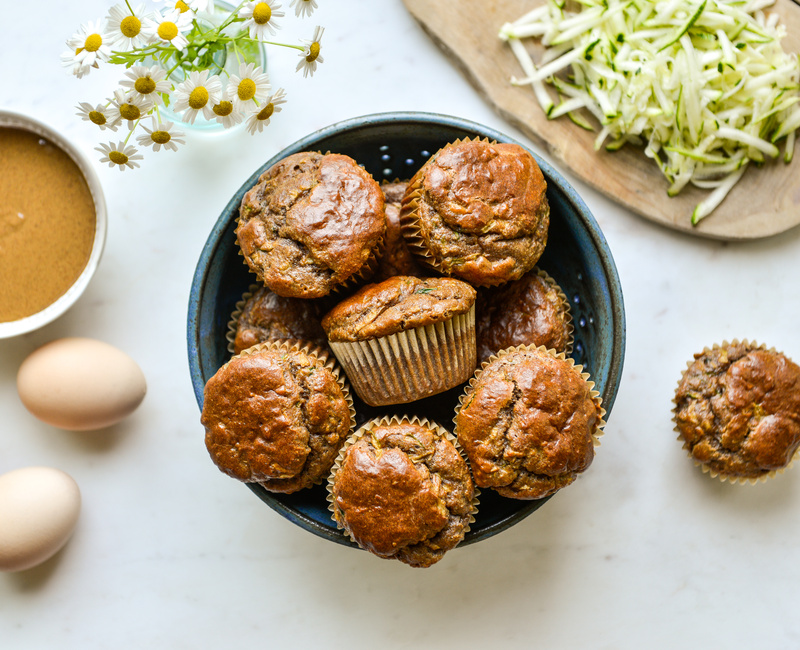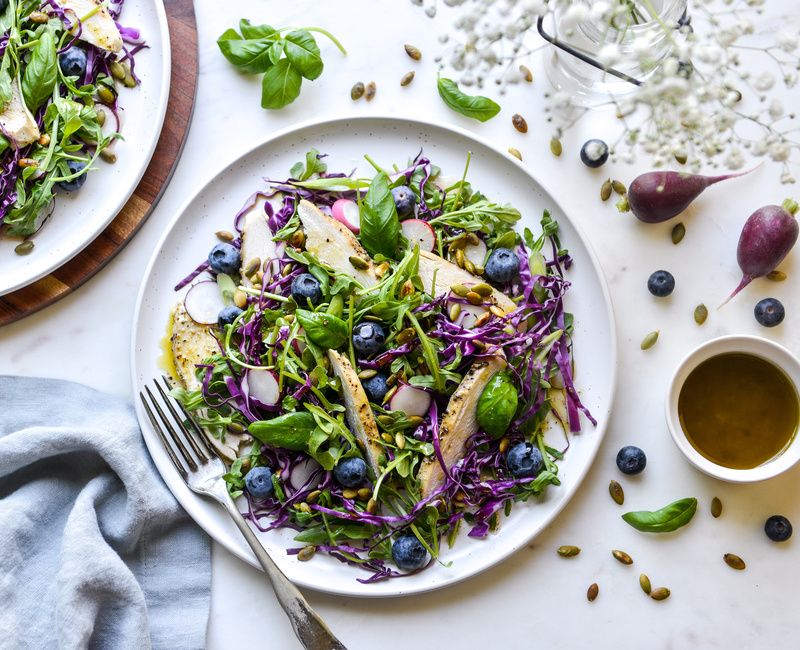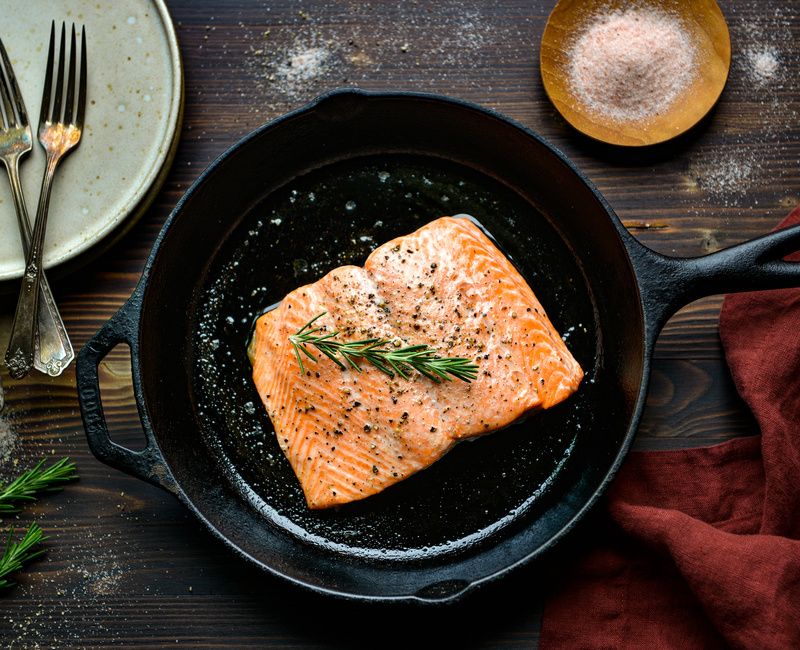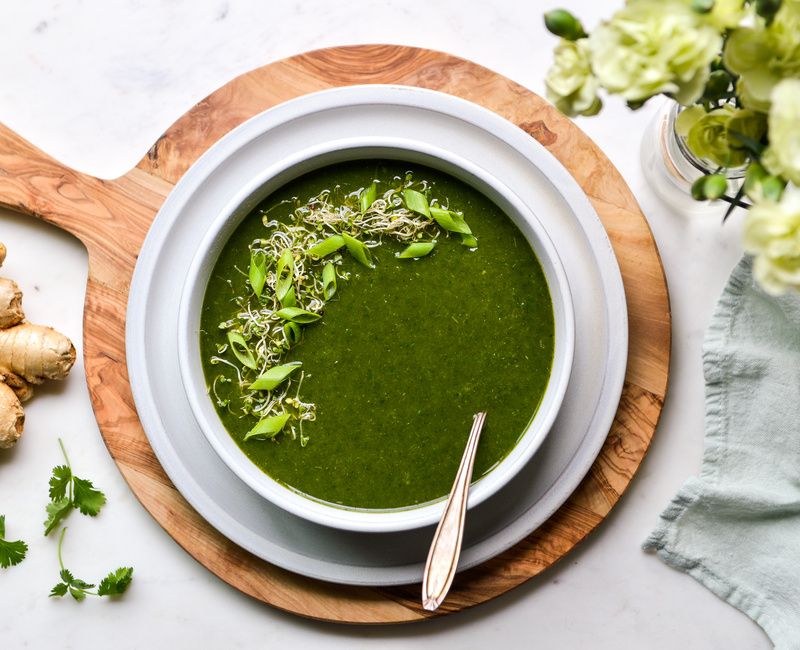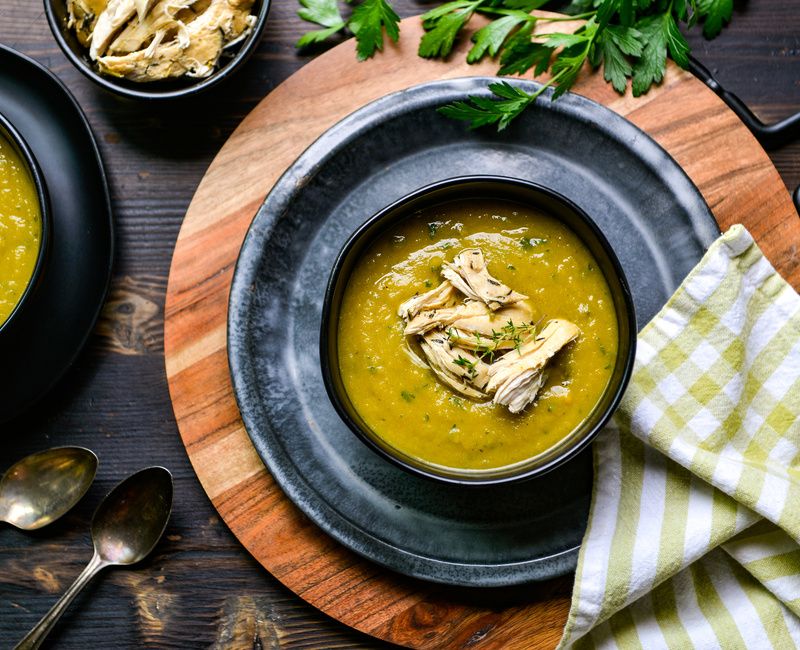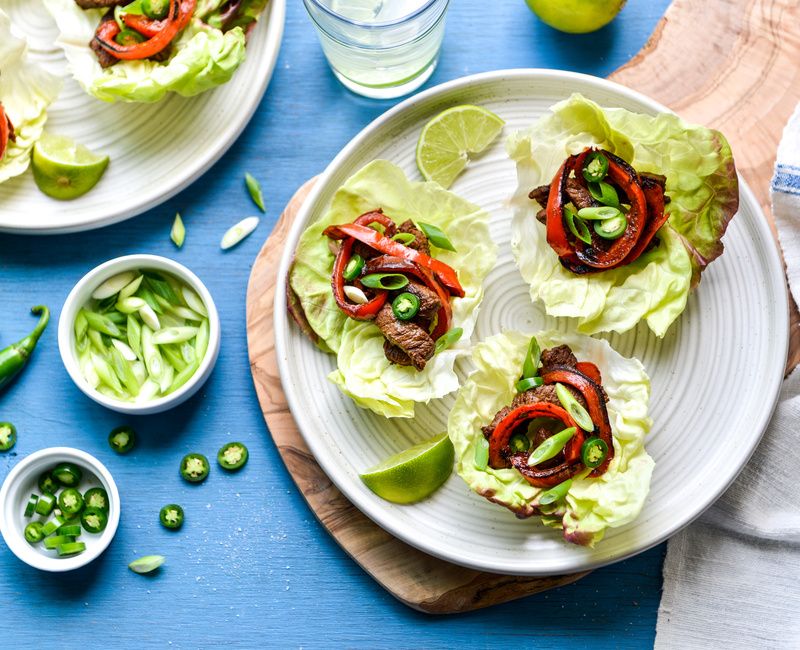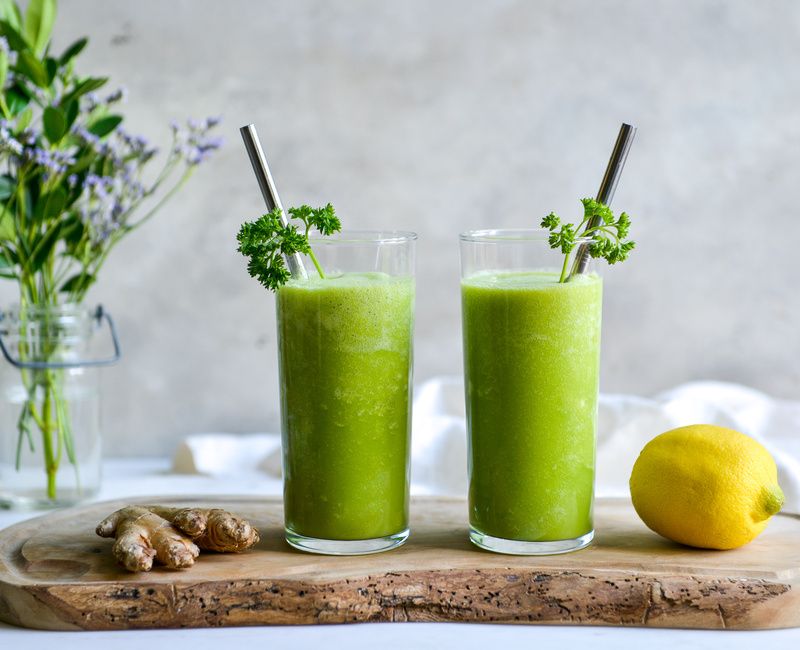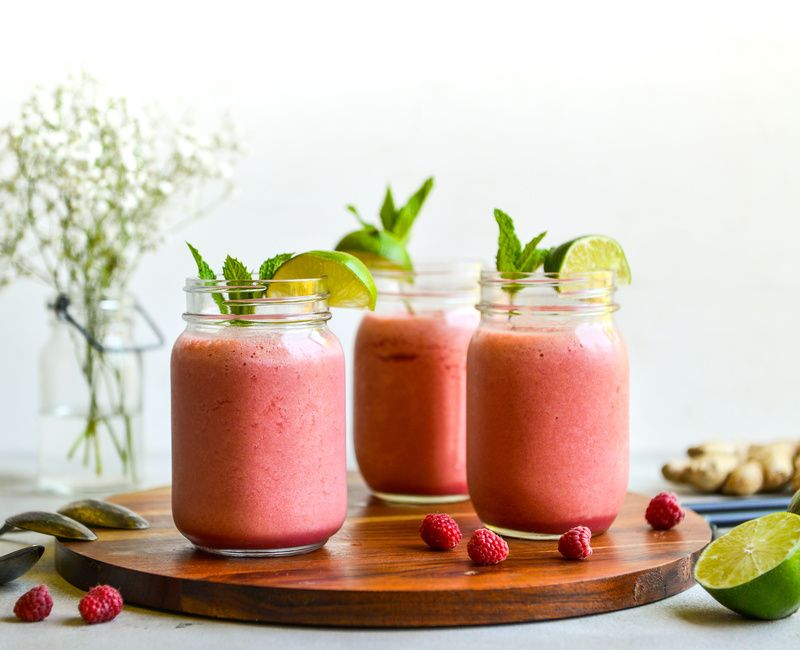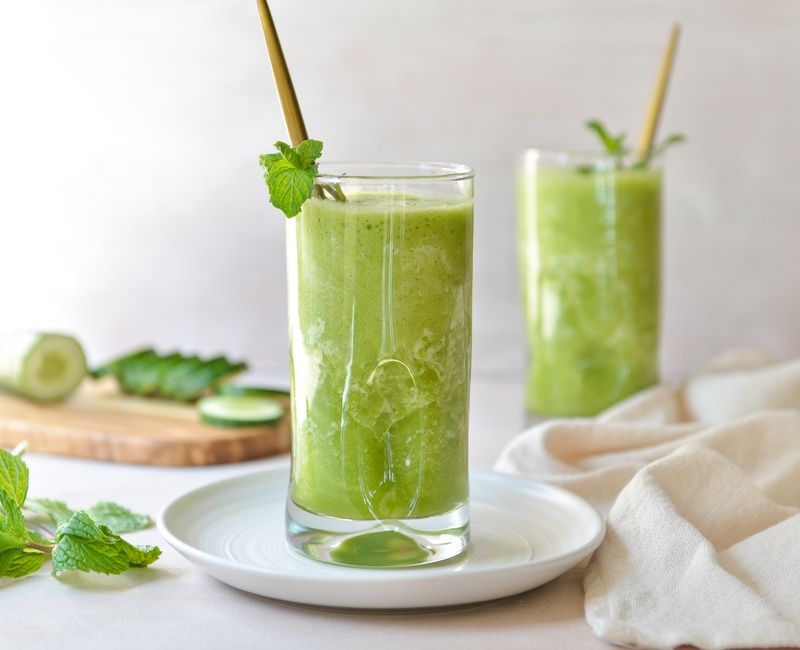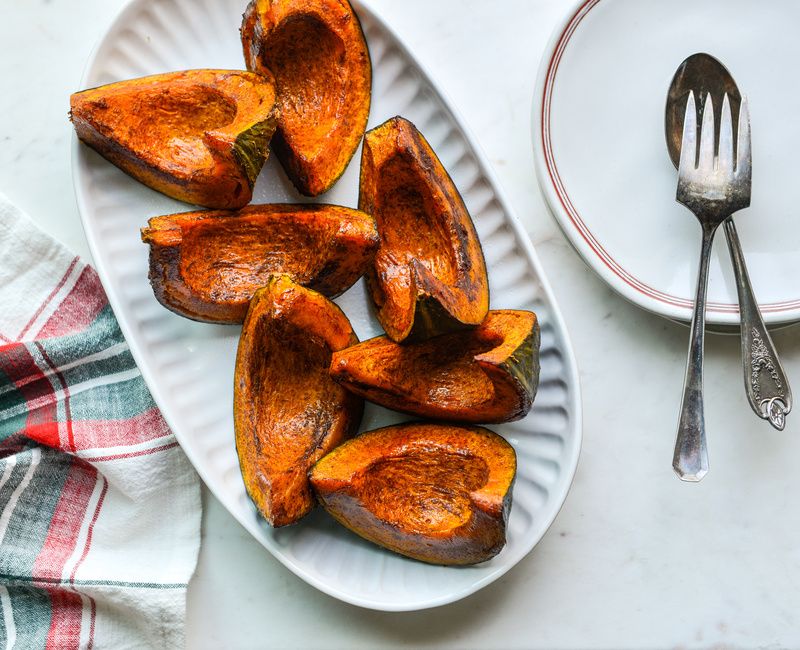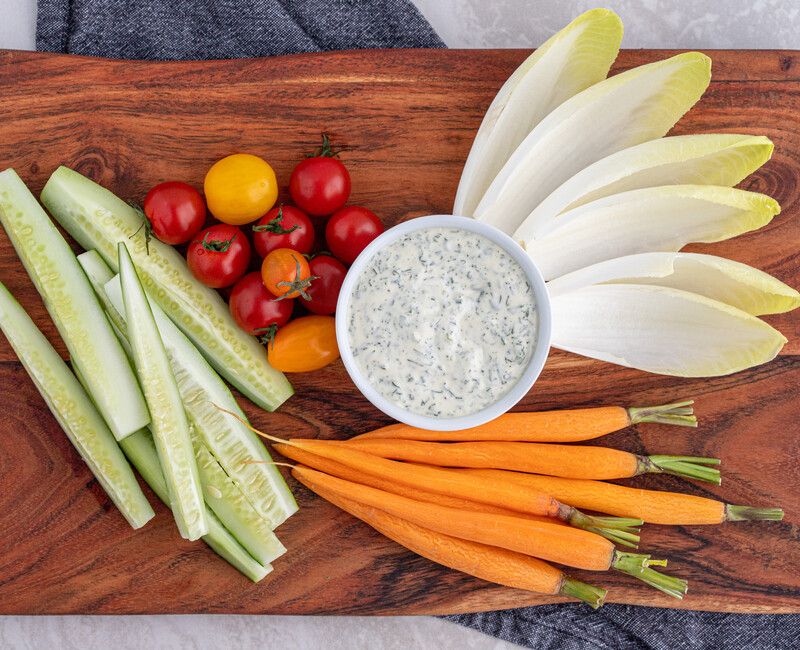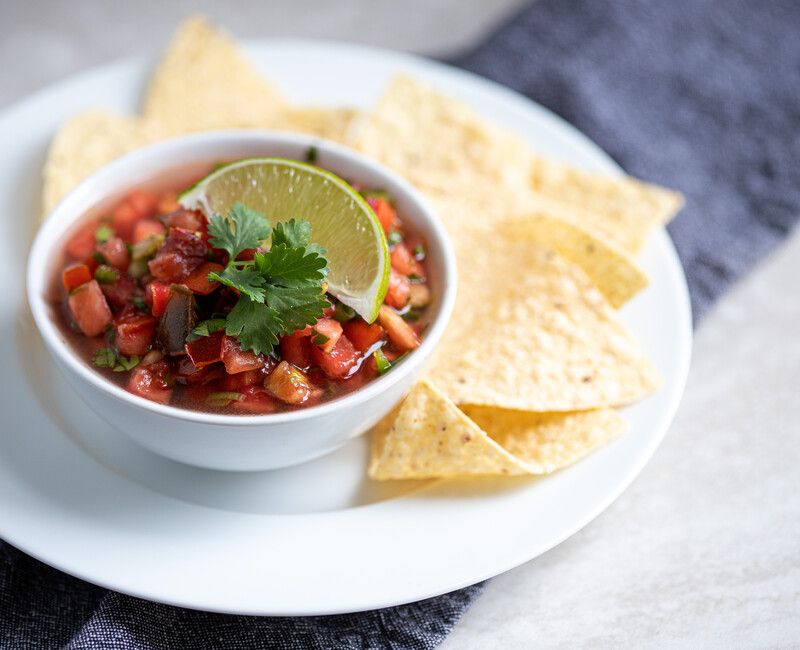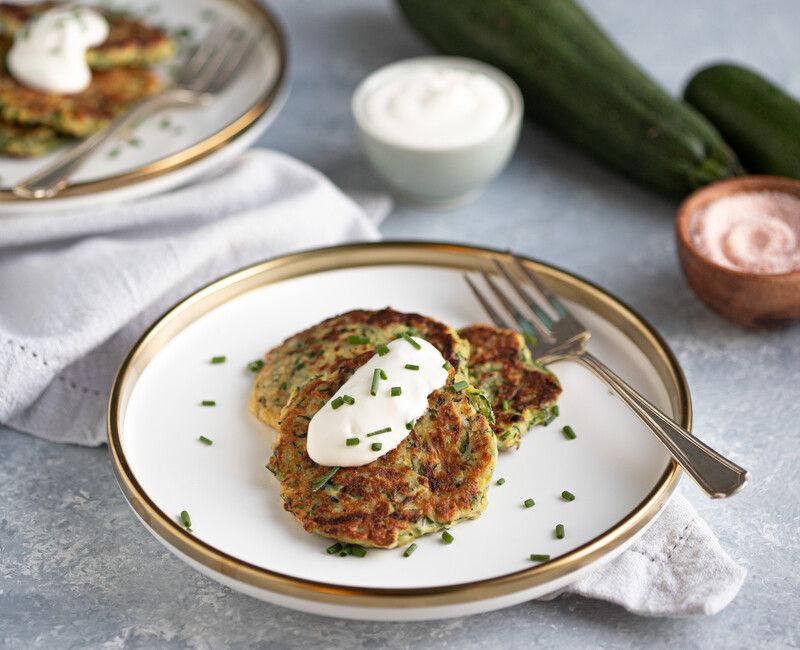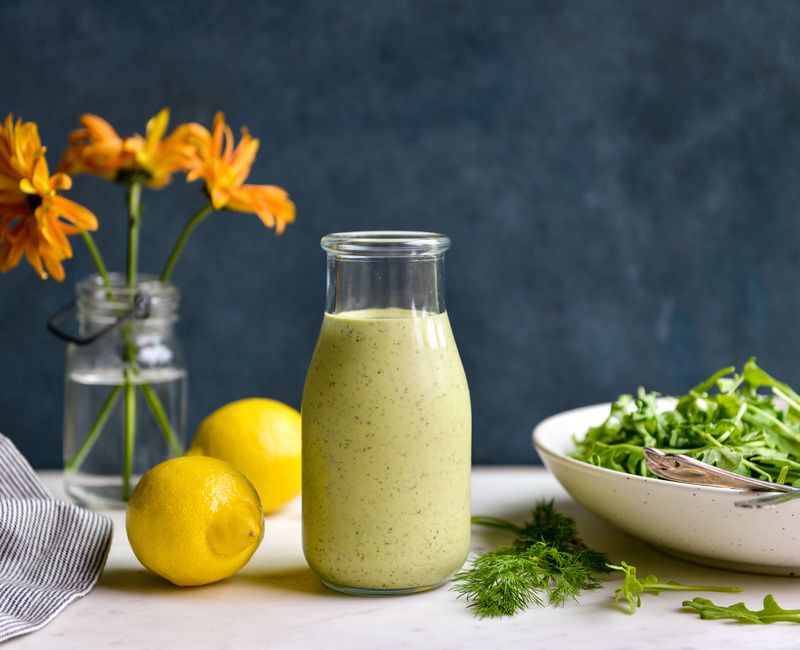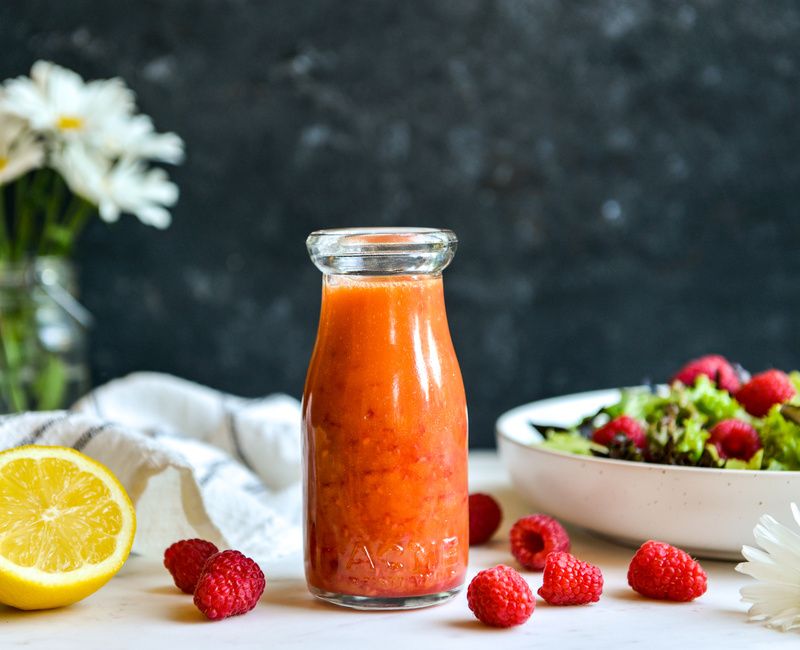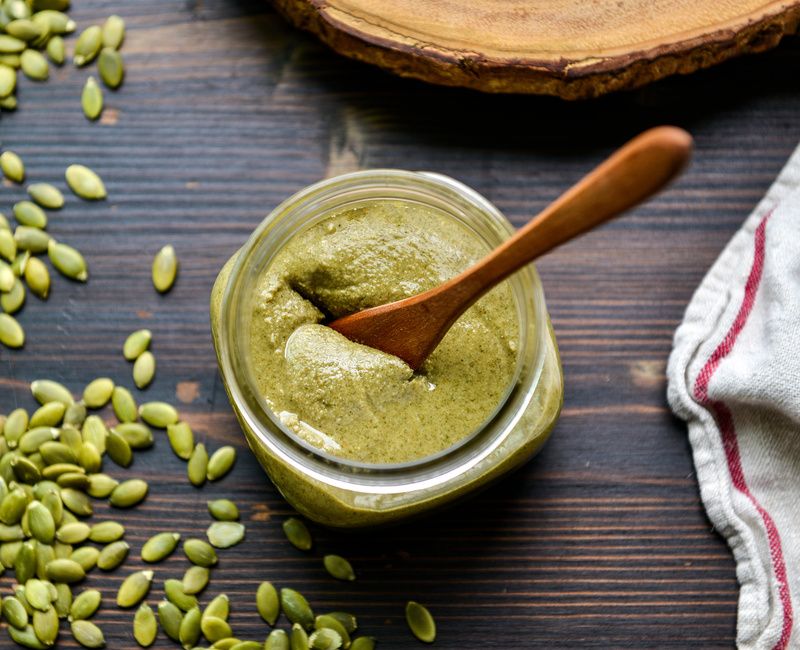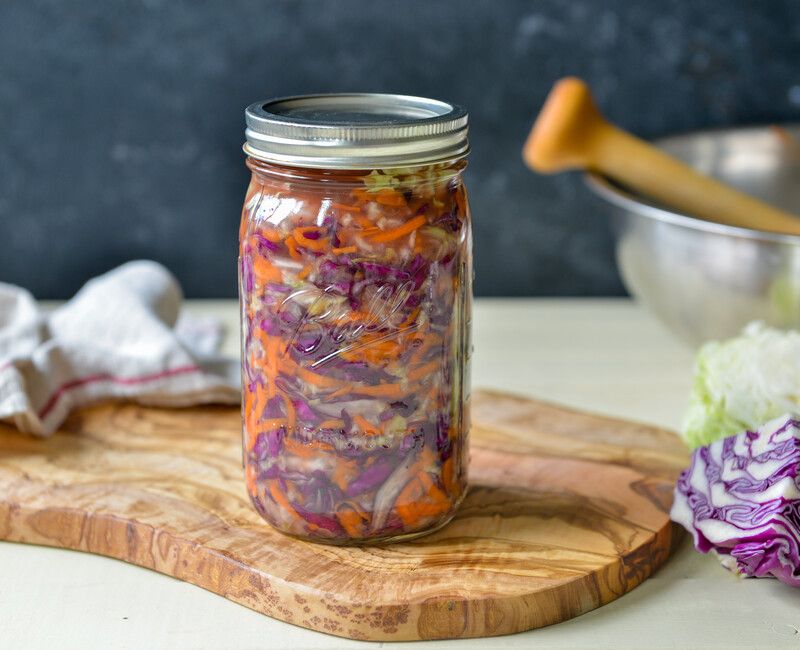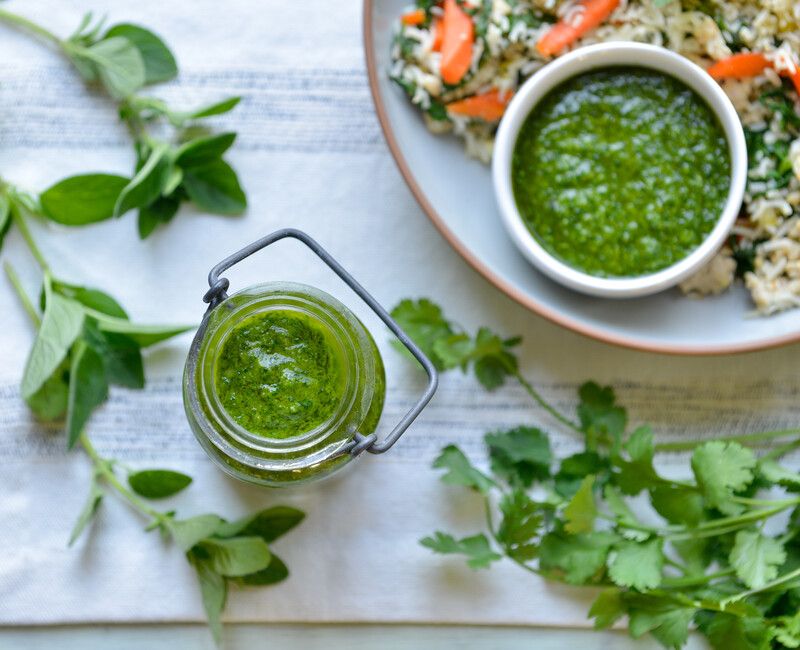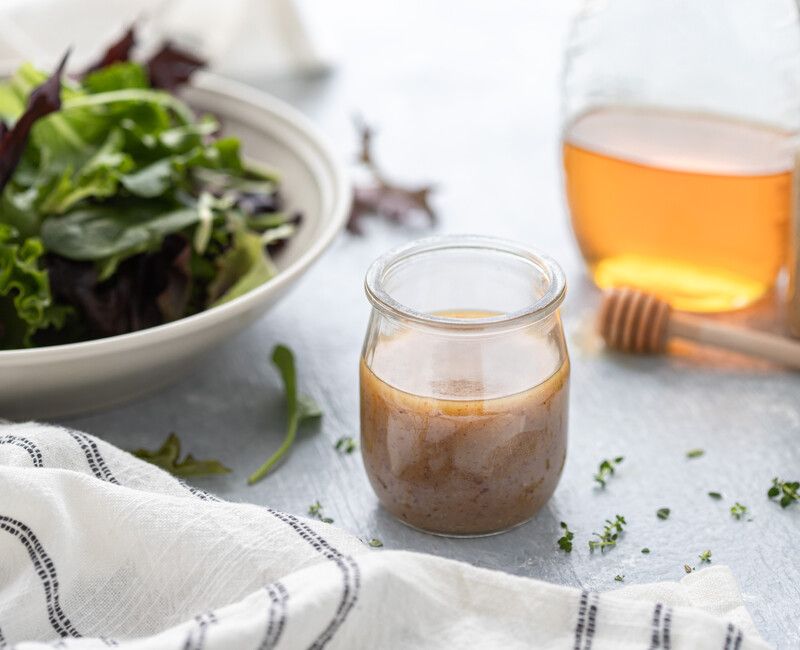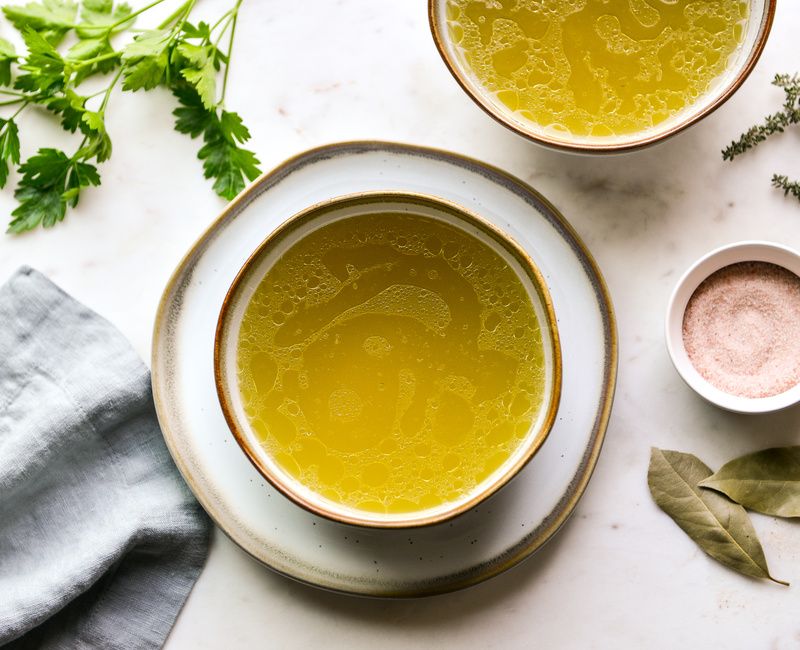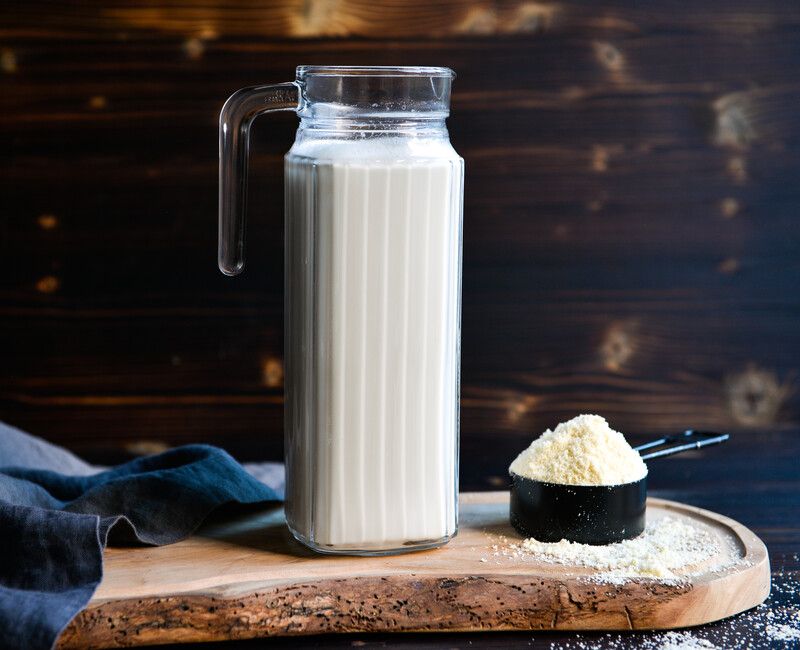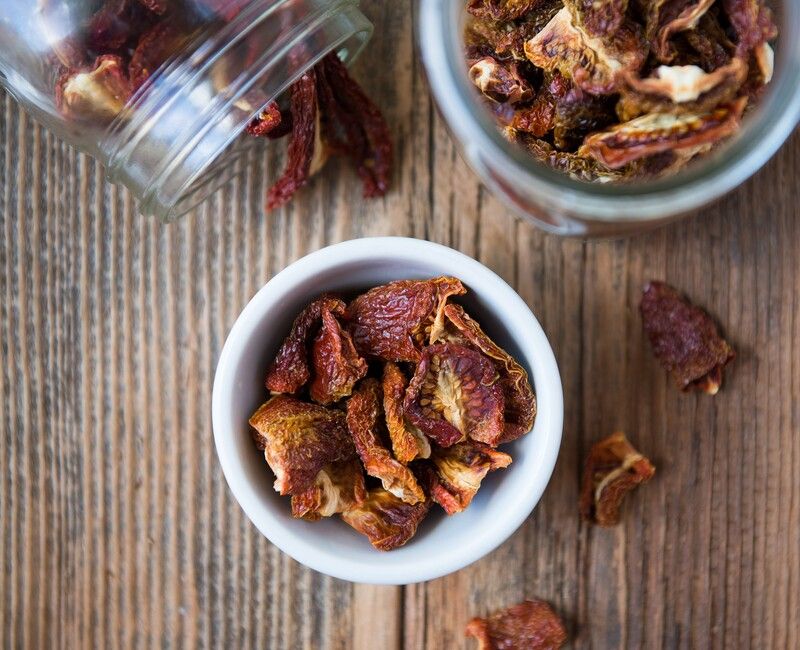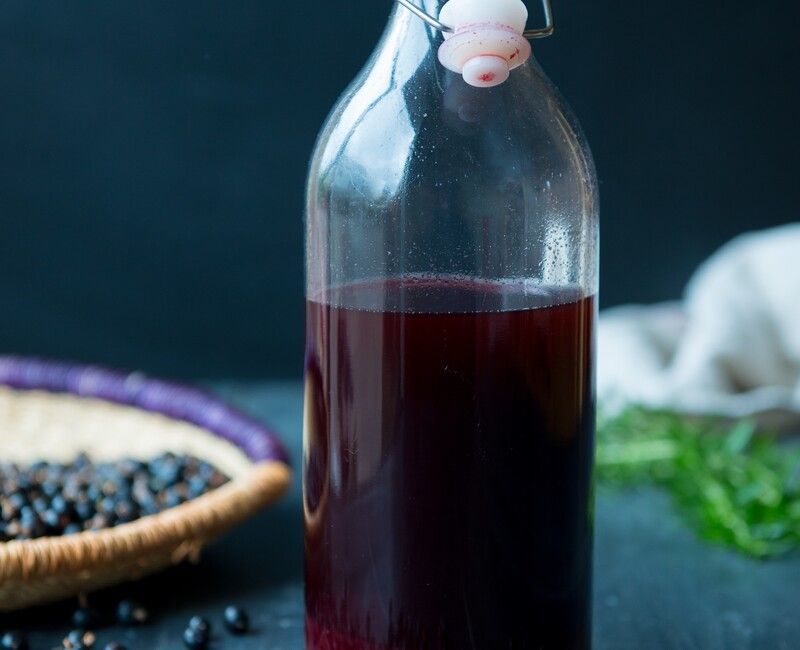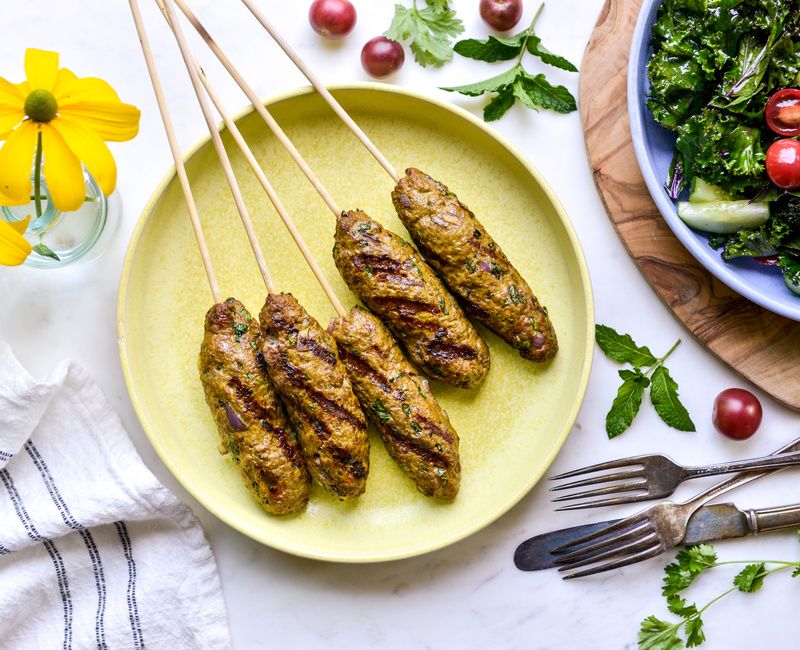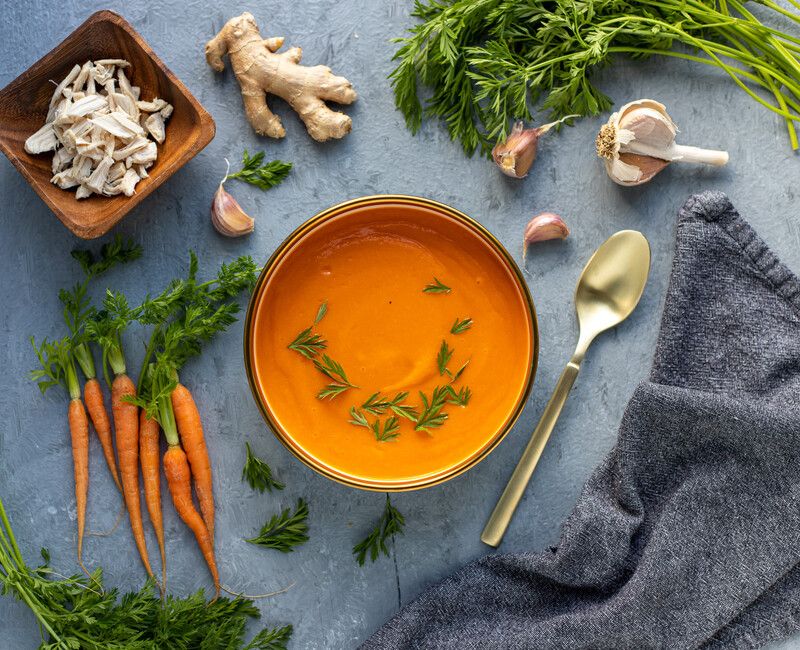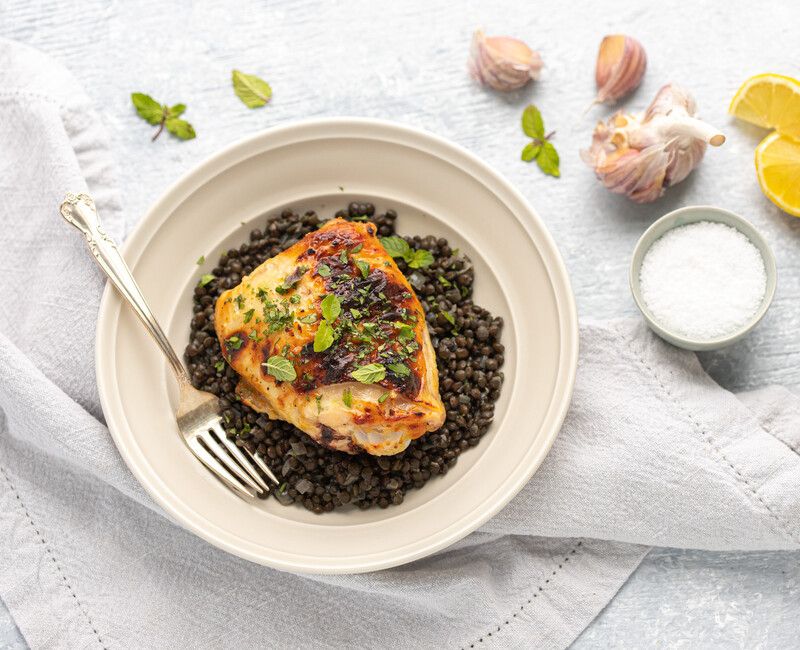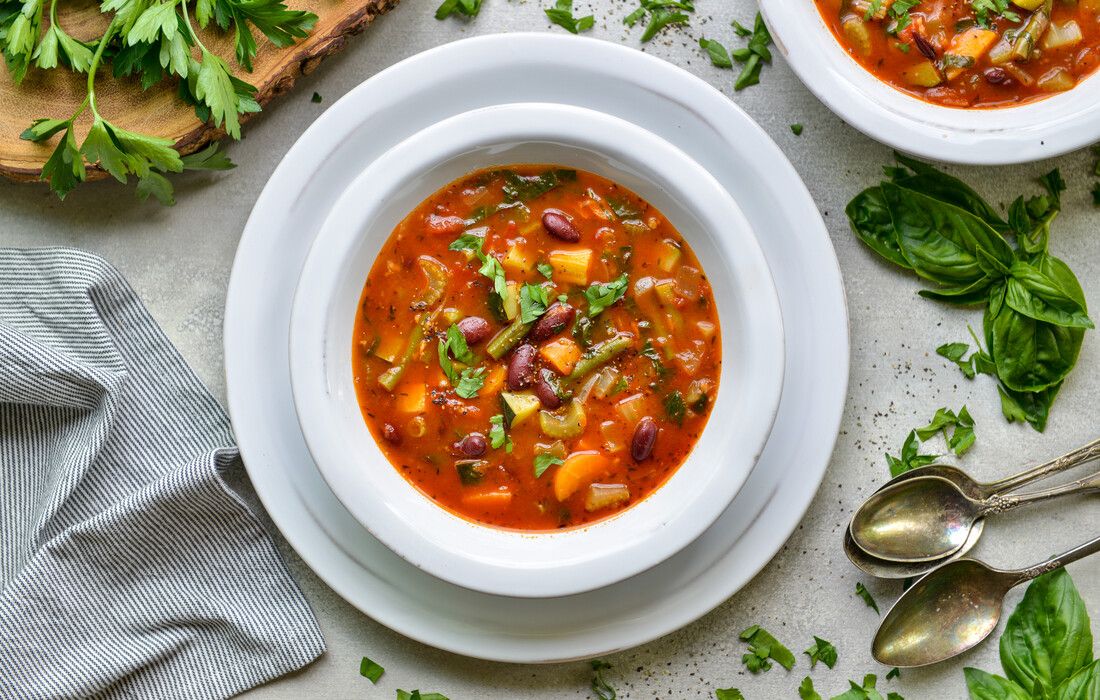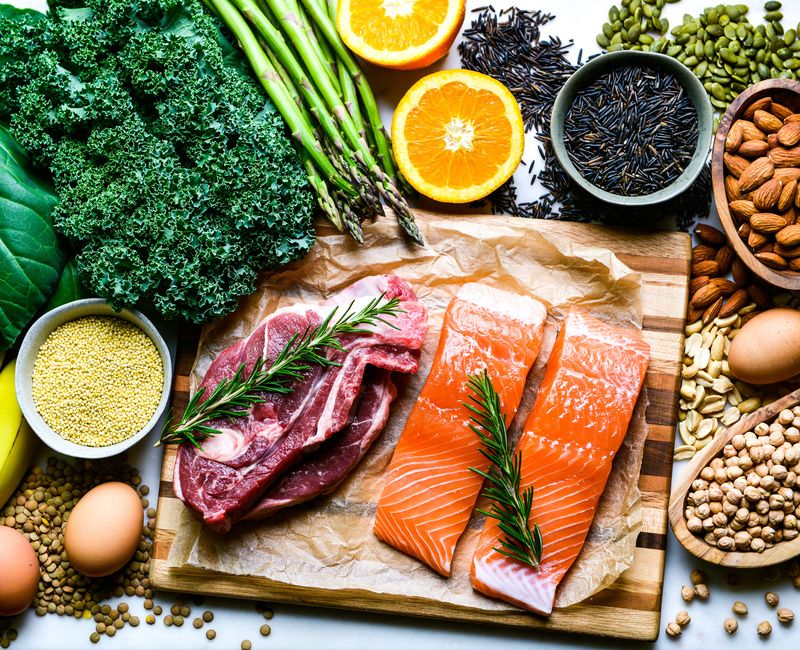SIBO Specific Diet
Small Intestinal Bacterial Overgrowth (SIBO) occurs when bacteria that typically thrive in the large intestine migrate and proliferate in the small intestine—an environment that should contain relatively few organisms. This overgrowth disrupts digestion and nutrient absorption, contributing to symptoms like bloating, abdominal pain, fatigue, and chronic inflammation. SIBO isn’t a root cause in itself, but a symptom of deeper imbalances such as impaired motility, low stomach acid, or anatomical abnormalities. Healing SIBO requires addressing both the microbial imbalance and the body’s underlying vulnerabilities. The SIBO Specific Diet is one therapeutic approach that may help ease symptoms while you address root causes through targeted nutrition, nervous system repair, lifestyle changes, and professional support.

Latest SIBO Specific Diet Recipes
SIBO Specific Diet Safe with Modifications
What is the SIBO Specific Diet?
The SIBO Specific Diet is a highly restrictive dietary protocol that merges principles from the Low-FODMAP Diet and the Specific Carbohydrate Diet (SCD). It eliminates fermentable carbohydrates—foods that feed bacterial overgrowth—while focusing on nutrient-dense, easily digestible foods.
By removing lactose, complex starches, and fermentable fibers, this diet reduces symptoms and helps calm the gut environment. It’s not intended for long-term use, but rather as a short-term intervention during active treatment, particularly in moderate to severe cases of SIBO.
Who is the SIBO Specific Diet For?
This diet may be appropriate for those who:
-
Have been clinically diagnosed with SIBO (via breath testing or symptoms)
-
Experience significant gas, bloating, constipation or diarrhea after eating
-
Have not responded to less restrictive diets such as Low-FODMAP or SCD alone
-
Are working with a practitioner on a SIBO treatment protocol
Due to its restrictiveness, this diet is best used under the guidance of a healthcare professional and should be replaced with a broader, more sustainable eating pattern once symptoms are under control.
How Does the SIBO Specific Diet Work?
The SIBO Specific Diet works by removing carbohydrates that require fermentation by gut bacteria, thus “starving” the overgrowth in the small intestine. This reduces bacterial load and fermentation byproducts (like hydrogen or methane), helping relieve pressure, pain, and inflammation.
Key features:
-
Removes disaccharides and polysaccharides (from SCD)
-
Reduces fermentable oligosaccharides, disaccharides, monosaccharides, and polyols (FODMAPs)
-
Supports gut lining repair and nutrient repletion with easily digestible, anti-inflammatory foods
Foods to Eat on the SIBO Specific Diet:
-
Vegetables: Low-FODMAP options such as zucchini, carrots, spinach, cucumbers, and bok choy
-
Fruits: Low-FODMAP fruits like kiwi, strawberries, blueberries, and citrus
-
Proteins: All fresh meats, poultry, fish, and shellfish (unprocessed)
-
Fats: Olive oil, avocado oil, coconut oil, ghee (if tolerated)
-
Dairy: 24-hour fermented yogurt, aged cheeses, lactose-free options
-
Nuts & Seeds: Macadamia nuts, pecans, walnuts, pine nuts, sunflower seeds, small amounts of almonds
-
Legumes: Small amounts of soaked and well-cooked lentils and lima beans
-
Sweeteners: Very small amounts of raw honey and stevia
-
Herbs & Spices: Most fresh herbs, sea salt, ginger, turmeric, basil, oregano
-
Coconut products: Milk (no thickeners), shredded coconut, coconut oil
Foods to Avoid on the SIBO Specific Diet:
-
Grains: All grains and flours including rice, corn, oats, quinoa, etc.
-
Starchy Veggies: Potatoes, sweet potatoes, turnips, plantains
-
Legumes: Most beans, soy products, chickpeas
-
Nuts & Seeds: Cashews, pistachios, chia seeds (fermentable)
-
Dairy: Milk, cream, cream cheese, kefir, soft cheeses
-
Sweeteners: All processed sugars, agave, maple syrup, sugar alcohols
-
Fermentable Herbs: Chicory root, dandelion root, licorice root
-
Fruits: High-FODMAP fruits and juices (apples, pears, mango, watermelon)
-
Processed Foods: Bacon with sugar, deli meats, chocolate, balsamic vinegar
Benefits of the SIBO Specific Diet:
-
Alleviates gas, bloating, and irregular bowel movements
-
Breaks the cycle of feeding bacterial overgrowth
-
Reduces gut inflammation and supports tissue repair
-
Replenishes nutrient deficiencies caused by malabsorption
-
Enhances effectiveness of SIBO treatment protocols
-
Reduces immune reactivity and toxic burden
Challenges and Considerations:
-
Highly restrictive—nutritional adequacy must be monitored
-
May cause temporary die-off symptoms (fatigue, brain fog, body aches)
-
Not meant for long-term use
-
Best combined with digestive support (enzymes, bitters), stress reduction, and root cause investigation (e.g., motility support)
How to Start the SIBO Specific Diet:
-
Join Nourishing Meals®: Access SIBO Specific meal plans, symptom-friendly recipes, and printable food lists.
-
Download the SIBO Food Guide: Keep it on hand while shopping or meal planning.
-
Stock your kitchen: Fill your pantry with low-FODMAP veggies, wild seafood, clean proteins, healing fats, and allowed fruits and nuts.
-
Use the meal planner: Add pre-made SIBO plans to your profile or create your own.
-
Create grocery lists: Automatically generate a list from your plan to make shopping simple.
-
Join our community: Get support, ideas, and encouragement in the Nourishing Meals Facebook Group.
Your Invitation
Though the path through SIBO can feel overwhelming, healing is possible. With the right nourishment and supportive care, your gut can rebuild itself—one peaceful meal at a time. A calm belly brings a calm mind. Let this be your season to restore balance, energy, and trust in your body’s wisdom.
✨ Try Nourishing Meals® free for 7 days and discover how simple—and deeply healing—it can be to follow a therapeutic diet that supports your whole-body vitality.
| Plan | Length | Actions |
|---|---|---|
SIBO-Specific Breakfasts |
5 days | Please login to view and schedule plans |
SIBO Specific Diet Snacks |
1 day | Please login to view and schedule plans |
SIBO-Specific Diet Dinners |
5 days | Please login to view and schedule plans |


